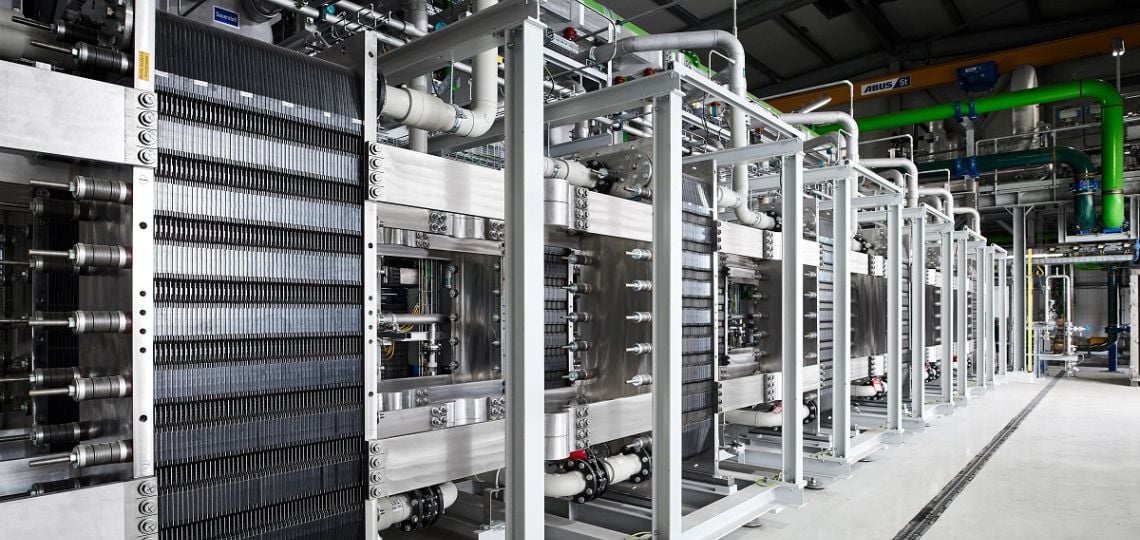Germany Bolsters Hydrogen Sector with Major Funding for Key Projects
Key Ideas
- Germany allocates 619 million euros to three major hydrogen projects led by RWE, boosting the country's energy transition.
- Projects include a 300 MW electrolyser in Lingen and a 100 MW electrolyser at the port of Rostock, aiming for operational production by 2027.
- Funding structure involves 70% from the federal government and 30% from states, with projects recognized as Important Projects of Common European Interest.
- The initiatives will enhance Germany's hydrogen production and storage capacity, supporting industrial needs and strengthening the country's position in the sector.
Germany is ramping up its support for the hydrogen sector by committing 619 million euros to three significant projects overseen by RWE. The collaborative effort between the federal government and the states of Lower Saxony, North Rhine-Westphalia, and Mecklenburg-Vorpommern represents a crucial move in the nation's energy transition. One of the projects, the GET H2 Nukleus initiative in Lingen, will see the construction of a 300 MW electrolyser divided into three 100 MW units, with the goal of commencing green hydrogen production by 2025. Additionally, a storage facility in Gronau-Epe will aid in managing hydrogen production fluctuations. Another project, the HyTechHafen Rostock endeavor, involves building a 100 MW electrolyser at the port of Rostock, with operational production set for 2027 and backed by a consortium including ROSTOCK PORT GmbH, RheinEnergie AG, EnBW Neue Energien AG, and RWE Generation SE. The funding breakdown comprises 70% from the federal government and 30% from the involved states, with the projects receiving recognition as Important Projects of Common European Interest by the European Commission. Markus Krebber, the CEO of RWE AG, has voiced his endorsement of the initiative. These ventures will empower Germany to expand its hydrogen production and storage capabilities, crucial for meeting industrial demands and establishing a robust hydrogen infrastructure. By attracting investment and reinforcing industrial competitiveness, Germany exemplifies its dedication to advancing in the hydrogen sector. The Lingen, Gronau-Epe, and Rostock projects epitomize this proactive approach, marking a significant stride towards a sustainable hydrogen economy.
Topics
Production
Infrastructure
Investment
Energy Transition
Funding
Electrolysis
Storage
European Commission
Industrial Competitiveness
Latest News
